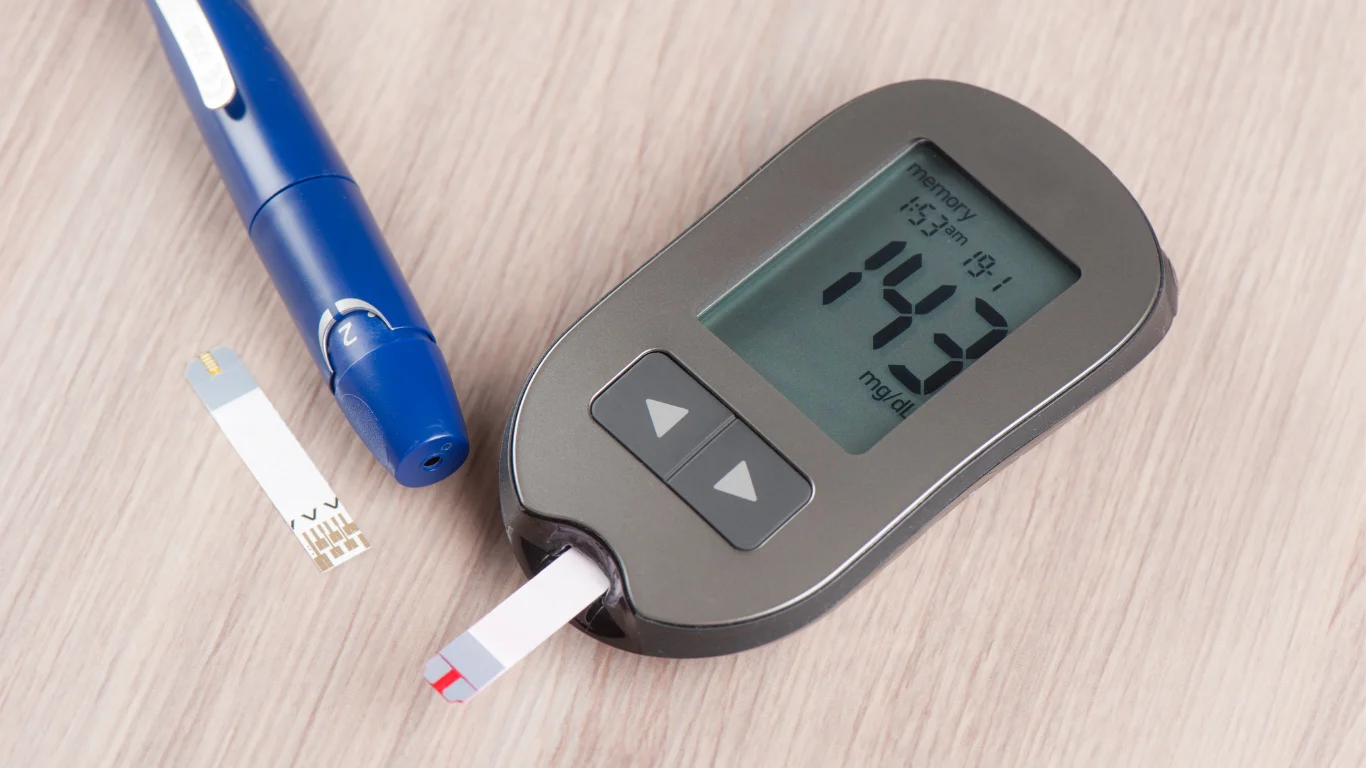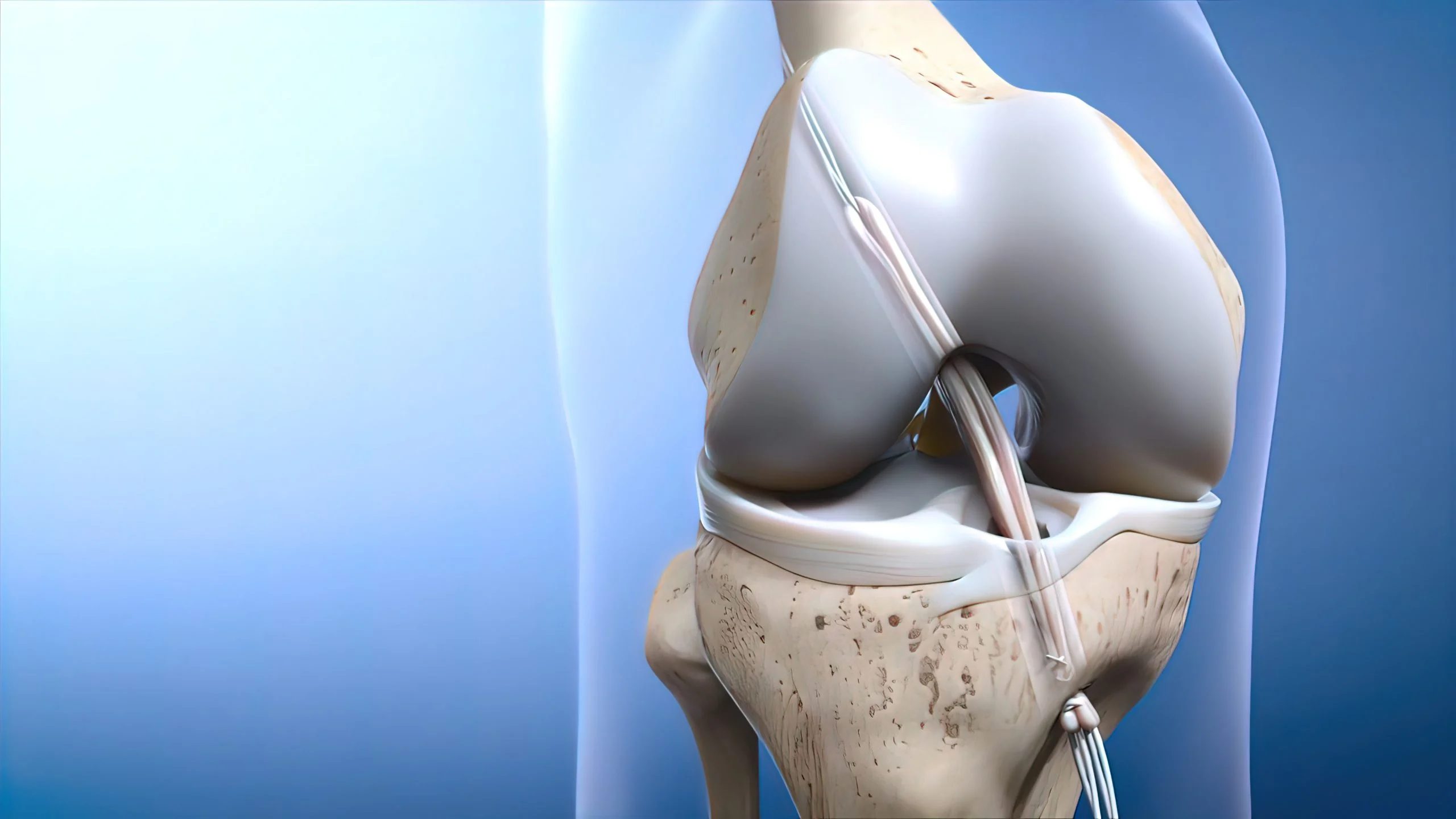In the sprawling urban expanse of Dubai, the concept of home healthcare has evolved from a mere convenience to a vital service. This transformation reflects not only the rapid urbanization and lifestyle changes but also a deeper understanding of healthcare delivery in a personal environment. As residents navigate their busy lives, the ability to access professional medical care at home has become not just a luxury, but a necessary component of modern healthcare.
The increasing preference for home healthcare is driven by its distinct advantage of providing personalized, one-on-one care that hospitals often cannot match due to their high patient turnover. For many, the comfort of receiving care in a familiar environment can significantly enhance the healing process. This is particularly relevant for Dubai’s diverse population, which ranges from busy professionals and expatriates to elderly residents and families needing postnatal or pediatric care.
Moreover, home healthcare services cater to a wide spectrum of needs — from elderly individuals managing chronic conditions to those recovering from surgeries or requiring acute medical attention. Each scenario underscores the necessity of choosing the right home healthcare provider, one that not only offers quality and reliability but also aligns perfectly with the patient’s medical, emotional, and cultural needs.
As we delve deeper into the realm of home healthcare, it becomes imperative to consider aspects seldom discussed in mainstream dialogues, such as the integration of cultural competence in caregiving and the strategic use of technology to enhance service delivery. These factors are increasingly relevant in a cosmopolitan city like Dubai, where the healthcare needs are as diverse as its populace. Choosing the right provider, therefore, is not just about medical expertise but also about understanding and respecting the cultural nuances of each patient.
Understanding Home Healthcare Services
Home healthcare in Dubai, as in many parts of the world, is a complex and evolving field that necessitates a deep understanding of its mechanisms and outcomes. A critical component of this understanding comes from examining the safety and efficacy of Hospital-at-Home (HaH) models, which have been gaining prominence as viable alternatives to traditional inpatient care.
The Basics of Hospital-at-Home Models
HaH models are innovative healthcare services designed to provide hospital-level care to patients in their own homes. They are particularly beneficial for managing conditions that traditionally required hospital admission, thus alleviating the pressure on hospital resources while providing comfort and convenience to patients. These models not only cater to acute medical conditions but are also adaptable for chronic disease management, offering continuous care that might otherwise be unavailable in standard home care setups.
Efficacy and Safety of HaH Models
A comprehensive review by BMJ Open outlines the effectiveness of HaH models (see the study here). This analysis, which synthesizes data from ten systematic reviews, highlights that HaH models generally achieve clinical outcomes that are similar to or better than those obtained through inpatient care. The review classifies these findings into three primary use cases, providing a structured approach to understanding where HaH models might be most effective.
Key Findings from the BMJ Open Review
- Alternative Admission (AA) Models:
- AA models are recommended over Early Supported Discharge (ESD) models due to their potential benefits in reducing healthcare costs and improving clinical outcomes. These models are suited for patients who require hospital-level care but can safely receive it in their home environment.
- Early Supported Discharge (ESD) Models:
- Although beneficial, ESD models typically involve sending patients home earlier than usual post-treatment with continued support. While they offer faster discharge, the benefits compared to AA models in terms of cost and clinical outcomes need further exploration.
- Future Research Needs:
- The review calls for more research to clarify the costs associated with HaH programs and to address the gaps in evidence related to caregiver outcomes and the incidence of adverse events under HaH care.
Implications for Home Healthcare in Dubai
For a multicultural and rapidly developing city like Dubai, the integration of HaH models can significantly enhance the quality and accessibility of healthcare. By adapting these models, home healthcare services can provide customized care that respects cultural sensitivities and meets the high standards of medical treatment expected in the region. Moreover, with Dubai’s extensive expatriate population, HaH models can offer a comforting semblance of home for those far from their native countries, with care practices that are familiar and reassuring.
In summary, embracing Hospital-at-Home models could revolutionize home healthcare in Dubai, offering safe, effective, and culturally competent care that aligns with the needs and expectations of its diverse population.
Key Factors to Consider When Choosing a Home Healthcare Provider
Selecting the right home healthcare provider in Dubai involves more than just checking for availability and credentials. It requires a nuanced understanding of the provider’s capabilities and their alignment with the patient’s specific health and cultural needs. Here are some critical, often overlooked factors that can significantly influence the quality of care received at home.

Qualifications and Credentials of Healthcare Professionals
- Accredited Training: Beyond basic medical qualifications, look for providers whose staff have undergone specialized training for home-based care scenarios, which differ significantly from hospital settings.
- Continuous Professional Development: Providers that invest in ongoing training for their staff are more likely to stay updated with the latest healthcare practices and technologies.
Range of Services Offered
- Comprehensive Care Spectrum: Ensure that the service portfolio includes preventive, rehabilitative, and palliative care, providing a holistic approach to health management at home.
- Specialized Care Services: Availability of niche expertise such as geriatric care, pediatric services, and chronic disease management can be crucial depending on the patient’s specific condition.
Response Time and Availability
- Guaranteed Response Times: Check if the provider guarantees a response time, which can be vital in emergency situations.
- 24/7 Availability: Health issues don’t adhere to a schedule; hence, round-the-clock availability is essential for timely and effective care.
Insights Often Overlooked by Industry Experts
- Cultural Competence:
- In a cosmopolitan city like Dubai, the cultural competence of healthcare providers is crucial. Providers should demonstrate an understanding of the cultural backgrounds and language preferences of their patients, which can greatly enhance the comfort and effectiveness of home care.
- Integration of Technology:
- The use of advanced technology in home healthcare not only improves the quality of care but also the patient’s experience. This includes telehealth services, remote monitoring, and mobile health apps that enhance communication between patients and providers.
- Environmental Assessments:
- An often-neglected aspect is the provider’s ability to perform environmental assessments. Adjusting the home setting to suit medical needs can prevent complications and hasten recovery.
- Patient and Family Education:
- Providers that offer educational resources and training for patients and their families empower them to manage their health more effectively, enhancing outcomes and reducing the likelihood of hospital readmissions.
By considering these often-overlooked aspects, those seeking home healthcare in Dubai can choose a provider that not only meets clinical needs but also enriches the care experience, fostering better health outcomes and greater patient satisfaction.
Evaluating Quality of Care
In the context of home healthcare, traditional metrics such as patient satisfaction scores and clinical outcomes are frequently cited to assess quality. However, to truly understand and evaluate the quality of home healthcare, especially in a diverse and dynamic environment like Dubai, we must delve deeper and challenge some of the conventional norms. Here, we explore facets of quality care that are often underestimated but critical for truly transformative healthcare experiences at home.
Patient Reviews and Testimonials
- Beyond Positive Feedback: While positive reviews are encouraging, negative or neutral feedback can be exceptionally valuable. They provide real insights into areas needing improvement that are not visible through standard satisfaction surveys.
- Individual Stories: Look for testimonials that detail personal stories, explaining not just the “what” but the “how” and “why” of the care provided. These stories can reveal the nuances of patient-provider interactions and the provider’s ability to handle complex, sensitive situations.
Compliance with Healthcare Standards
- Standardization vs. Personalization: Compliance with healthcare standards is undeniably important for ensuring safety and consistency. However, the rigorous application of standardized protocols can sometimes overshadow the need for personalized care. Providers must balance adherence to regulations with flexibility in their approaches to accommodate individual patient needs.
- Innovative Practices: Providers who dare to innovate within the boundaries of healthcare regulations can offer superior care. This involves adopting new methodologies that have shown success in other healthcare systems or in recent medical research, even if they are not yet widely endorsed within local practice norms.
Challenging Conventional Metrics
- Rethinking Metrics: Traditional metrics like readmission rates or the number of doctor visits provide a quantitative measure of care but often fail to capture the qualitative aspects such as patient empowerment, autonomy, and emotional support.
- Holistic Outcome Measures: Incorporate broader outcome measures that include patient education levels, independence, and quality of life post-intervention. These factors are crucial for long-term health improvements and are more indicative of the overall effectiveness of home healthcare services.
Provoking a New Perspective
In the realm of home healthcare, particularly in a multicultural and evolving city like Dubai, quality should not merely be measured, but felt and experienced. Providers that integrate cultural empathy, technological innovation, and education into their services redefine what it means to deliver quality care. It is time to embrace these broader, more inclusive indicators as essential components of quality assessment. By doing so, we can ensure that home healthcare services not only meet but exceed the expectations of today’s diverse patient population, fostering a new era of healthcare delivery that is truly patient-centered.
Additional Considerations
When selecting a home healthcare provider in Dubai, it’s crucial to look beyond the standard checklists of services and qualifications. Let’s challenge the traditional framework and consider two pivotal aspects that could transform the patient’s healthcare experience.
Customization of Care Plans
- Dynamic Adaptation: Care plans should not be static. Healthcare needs evolve, and so should the strategies to manage them. A provider’s ability to dynamically adapt care plans in response to patient progress or setbacks speaks volumes about their competence and dedication to truly personalized care.
- Inclusive Decision-Making: Engaging patients and their families in the care planning process not only ensures that the care is aligned with their specific needs and expectations but also empowers them, fostering a sense of control and satisfaction with the healthcare journey.
Time to Reach Patient
- Immediate vs. Appropriate Timing: While rapid response times are often praised, the focus should be on appropriate timing. This means arriving with enough preparation to provide effective and thorough care, rather than simply being the first to arrive.
- Strategic Logistics: For a city as bustling and diverse as Dubai, strategic logistics planning—considering traffic patterns, patient location, and available resources—can make a significant difference in the quality of care delivered.
By rethinking these aspects, we provoke a shift from conventional service delivery to a more thoughtful, patient-centric approach. This perspective emphasizes not just the speed or standard of care, but its relevance and adaptability to individual circumstances, ensuring that each patient receives the most effective and personalized home healthcare possible.
Choosing the Best Fit for Your Needs
When it comes to home healthcare in Dubai, selecting the right provider is a decision that should be approached with careful consideration and an understanding of one’s unique health and lifestyle requirements. Here’s a checklist to guide you through this important decision:

- Qualifications and Experience: Ensure that the healthcare professionals are not only qualified but have specific experience relevant to the patient’s health condition.
- Services Matched to Needs: The provider should offer a range of services that can be tailored specifically to the patient’s requirements, including any necessary specialized care.
- Cultural and Linguistic Compatibility: Choose a provider who respects and accommodates the cultural and linguistic preferences of the patient, which is essential for effective communication and comfort.
- Rapid and Appropriate Response: Evaluate the provider’s ability to respond not only quickly but also appropriately, with the right resources and preparedness to address the patient’s specific health issues.
Conclusion
In conclusion, as the demand for home healthcare continues to grow, particularly in diverse cities like Dubai, it’s essential to choose providers who not only meet the standard requirements but exceed them by integrating culturally competent care and innovative practices. The insights from the comprehensive review in BMJ Open highlight the effectiveness of such innovative home healthcare models. As stated in the review, “The prioritization of Alternative Admission models over Early Supported Discharge could represent a significant optimization in both cost and clinical outcomes for home healthcare services” (BMJ Open, 2021). This emphasizes the need for a strategic approach in choosing home healthcare services, one that aligns with both current evidence and the specific needs of the patient.
By embracing these guidelines and pushing beyond conventional expectations, patients and their families can ensure that the selected home healthcare service not only delivers superior care but also enhances the overall quality of life, making a meaningful difference in the healthcare journey.For further information on services and support, please visit our website at Best DOC Healthcare.














